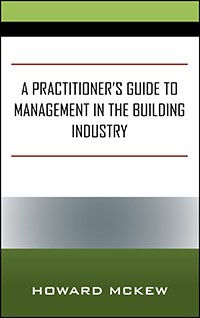A Cardiff University study has found that removing indoor
mold improves the symptoms of people with asthma.
According to an organization named Asthma UK (a charity
dedicated to improving the health and well-being of the 5.2 million people in
the UK whose lives are affected by asthma), the prevalence of asthma in Wales
is among the highest in the world, with 260,000 people receiving treatment for
their asthma with the rate of hospital admissions for adults 12% more than
anywhere else in the UK.
Researchers in the Cardiff University’s School of Medicine
asked patients with asthma living in two areas of South Wales if they noticed
mold growing inside their houses, which was then confirmed by a trained
observer. In half of the houses with mold (chosen at random), the mold was
removed (using a fungicidal wash to kill any remaining mould) and ventilation
was improved by means of a fan in the loft. In the other houses, mold removal
was delayed for 12 months.
Dr Michael Burr, the School of Medicine's department of
primary care and public health, said: "In the houses where mold was
removed, the symptoms of asthma improved and the use of inhalers decreased more
than in the other houses. Removing mold also led to improvements in other
symptoms: sneezing, runny or blocked noses, and itchy, watery eyes.
"There was no clear effect on measurements of
breathing, but this may have been because patients used their inhalers as
needed so that they could always breathe freely."
Jenny Versnel, Asthma UK's executive director of research
and policy, said: "The publication of this study adds to the increasing
bank of research that indoor mold may have a link with asthma, however, more
work is needed in this area before definitive conclusions can be drawn.
"Research into this area does, however, highlight the
importance of keeping your house dry and well ventilated. This can reduce
exposure to certain asthma triggers such as mold spores which are found in damp
places."
The study was funded by the charity Asthma UK, the Medical
Research Council, and the Wales Office of Research and Development. The
research is published in the September edition of the medical journalThorax.
Note: This story has been
adapted from a news release issued by Cardiff University.
Get our new eMagazine delivered to your inbox every month.
Stay in the know on the latest HVACR engineering trends.
SUBSCRIBE TODAY!Copyright ©2024. All Rights Reserved BNP Media.
Design, CMS, Hosting & Web Development :: ePublishing



